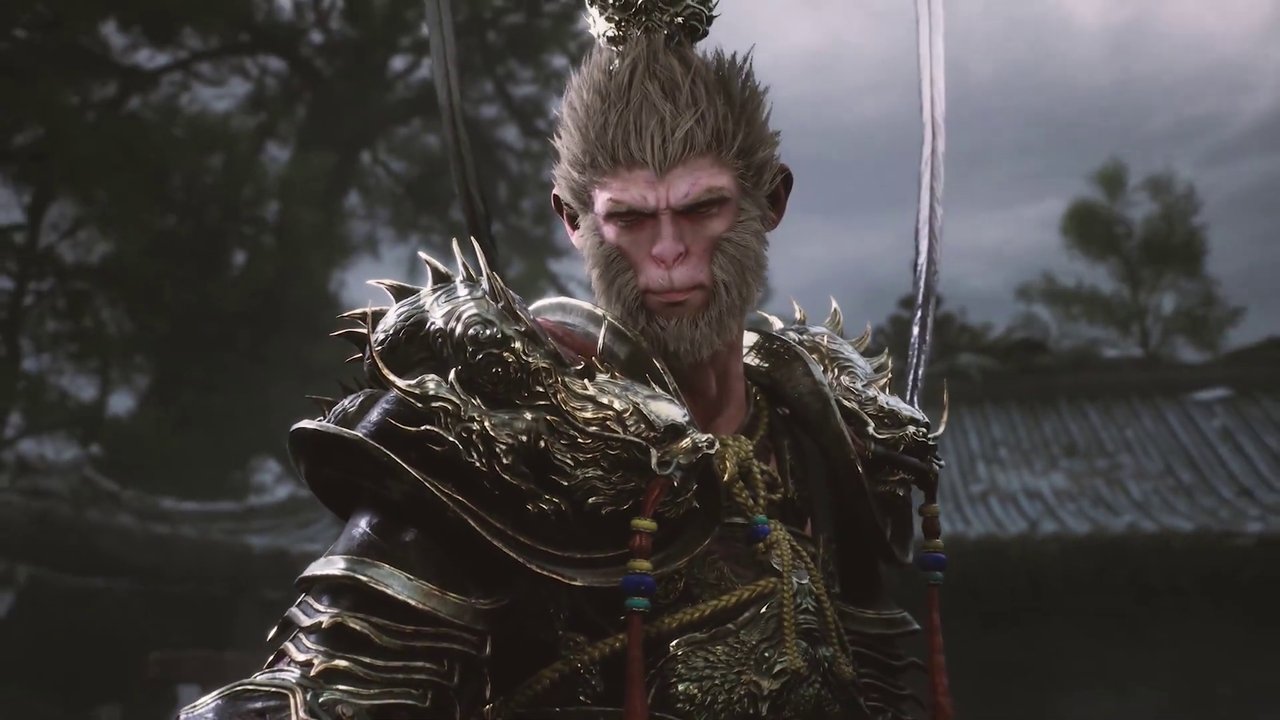China’s gaming industry continues to rebound with the approval of 105 new video game titles in July 2024, marking a continuation of the steady flow of approvals that began this year, SCMP reported. The latest batch includes significant titles such as Tencent’s Arena Breakout: Infinite and Mihoyo’s Xingbu Gudi.
This momentum follows the largest batch of approvals in 18 months recorded in January 2024, when 115 titles were greenlit. Subsequent months have seen consistent approvals: 111 titles in February, 107 in March, 95 in April, 96 in May, and 104 in June.
The increased number of approvals has had a notable impact on market confidence. According to market intelligence company CNG, first-quarter 2024 revenue for China’s gaming market rose 7.6% year-on-year, reaching RMB 72.6 billion (USD 9.9 billion). This comes after the market exceeded RMB 300 billion (USD 41.2 billion) for the first time, reaching RMB 302.96 billion (USD 41.6 billion) in 2023—a 13.95% year-on-year increase, according to the China Audio-Video and Digital Publishing Association.
High-profile releases like Tencent’s Dungeon & Fighter Mobile have contributed significantly, with the game generating USD 270 million in revenue on the iOS App Store in China since its May 2024 launch. Additionally, upcoming titles like Black Myth: Wukong, set for release later this year, have further bolstered market confidence. Developed by Game Science, the game has garnered significant attention for its impressive gameplay and high visual fidelity, and is expected to be one of China’s first successful AAA titles.
This wave of approvals and market recovery comes after a major regulatory shift. In December 2023, a draft regulation proposed capping user spending and banning excessive rewards, leading to a sharp decline in gaming stocks. However, in January 2024, the National Press and Publication Administration (NPPA) retracted this proposal, resulting in a stabilization of the market. This reversal also saw a key official overseeing the gaming market step down, signaling a shift toward easing the previously tough regulatory stance to bolster economic growth.
This wasn’t the first time regulatory changes affected China’s gaming market. In July 2021, Chinese regulators stopped approving game monetization licenses, coinciding with the imposition of new gaming time limits on under-18s. That freeze lasted close to nine months, almost as long as an earlier suspension in 2018 during a regulatory overhaul.
With the National Press and Publication Administration (NPPA) continuing to approve new titles at a steady pace, China appears to have adopted a more balanced approach to gaming regulation. This has restored confidence among developers and investors, indicating a positive trajectory for China’s gaming industry.

